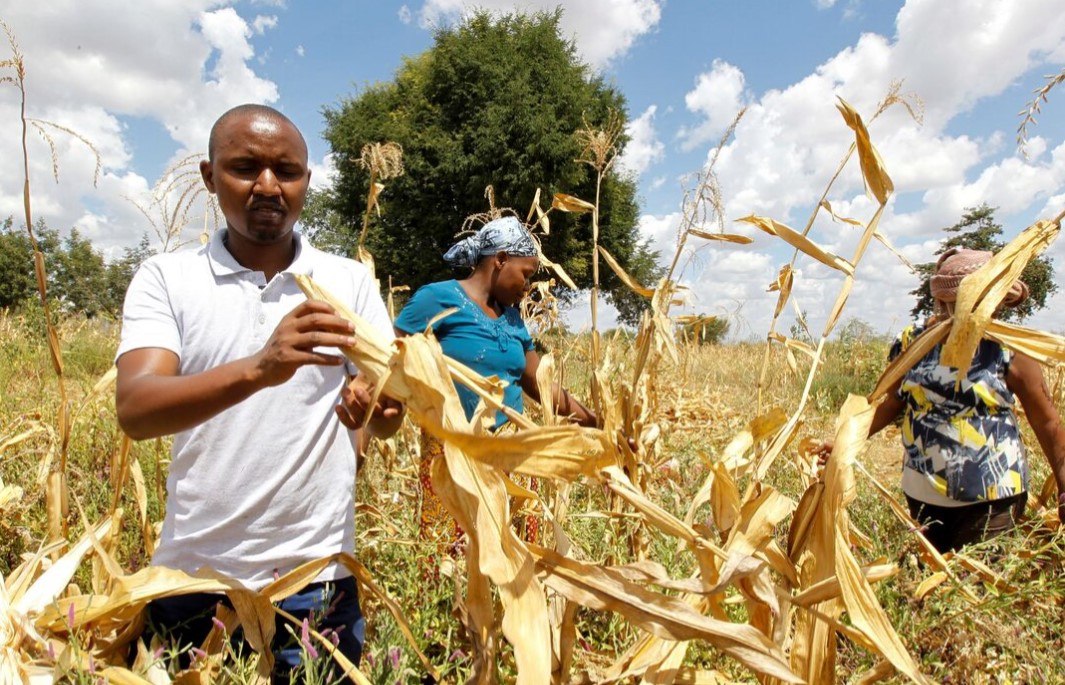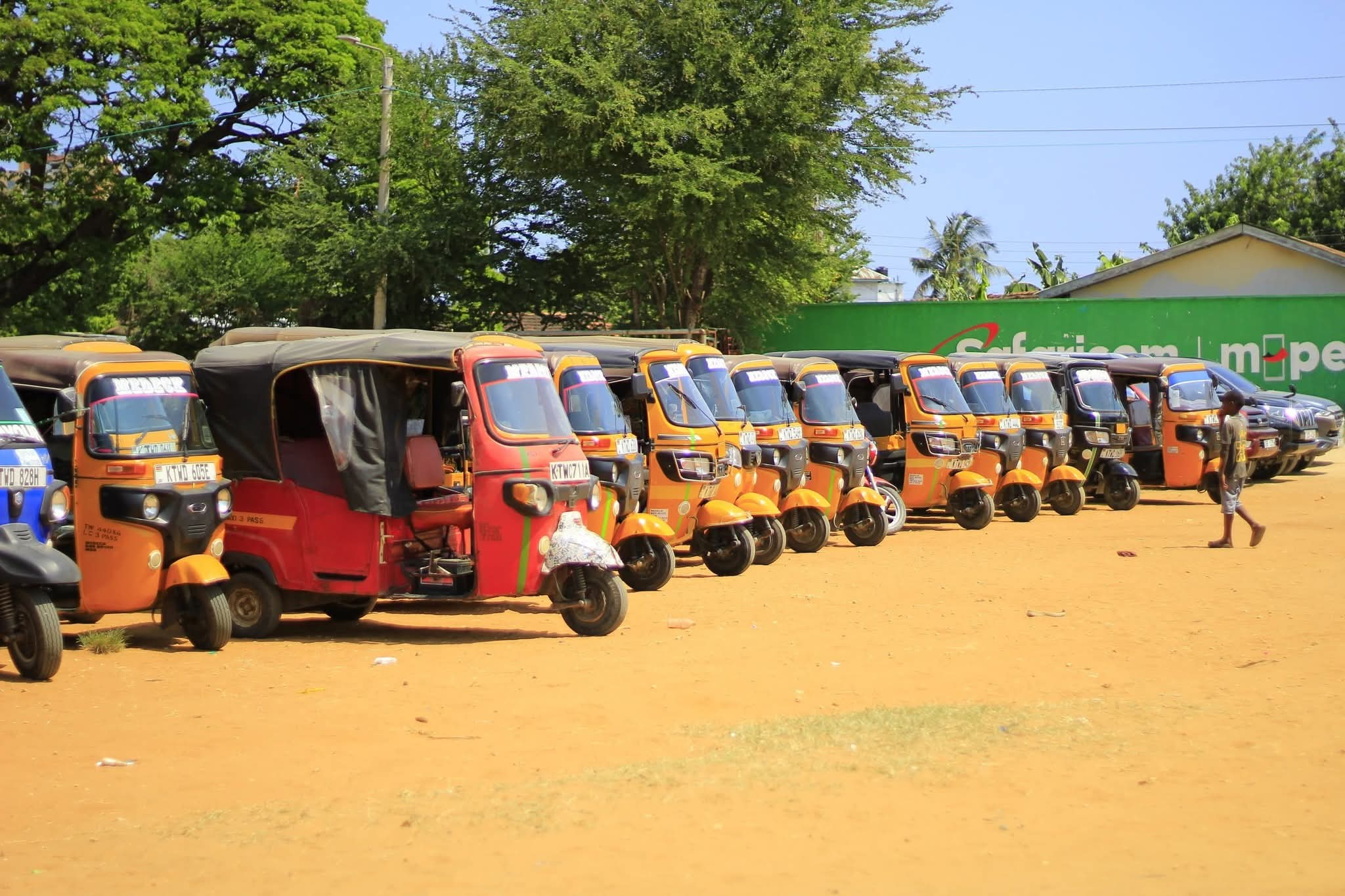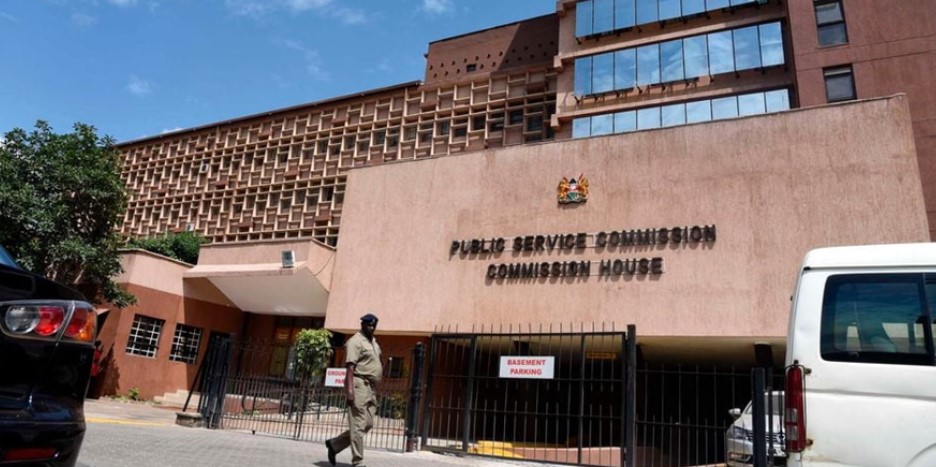East and Central Africa unveil joint plan to boost food security and grain trade

Across the region, farmers face annual losses of between 30 and 40 per cent due to poor storage and logistical inefficiencies, which worsen hunger and increase dependency on imported food.
East and Central African countries have taken decisive steps to improve food security, enhance nutrition, and boost regional grain trade.
Leaders from the East African Community (EAC) have committed to implementing a detailed plan that aims to increase local food production while making intra-regional trade more efficient and sustainable.
More To Read
- Ruto unveils Sh400 billion mega dam plan to turn North and Coast regions into Kenya's new food basket
- International Rescue Committee warns millions at risk as drought intensifies across Northern Somalia
- City Hall moves to recognise urban farmers in policy review
- Nairobi County bans Probox vehicles from meat transport amid health concerns
- Agrifood SMEs to benefit from new Sh16.4 billion funding programme
- Africa’s food security challenge: G20 calls for boost in trade and sustainable farming solutions
During the closing session of the 11th African Grain Trade Summit (AGTS) in Zanzibar, Beatrice Askul, Chairperson of the EAC Council of Ministers and Kenya’s Cabinet Secretary for EAC and Regional Development, highlighted the potential of south-south trade in strengthening the continent’s food systems.
“We commit to building resilient grain markets by strengthening regional integration and removing barriers that hinder trade and prioritising harmonisation of standards and regulatory frameworks so that African grain is competitive both regionally and globally,” Askul said.
The three-day summit, organised by the East African Grain Council (EAGC), gathered ministers, regional policymakers, and agricultural stakeholders to discuss urgent strategies for securing food availability and creating robust grain markets.
Askul emphasised that governments will mobilise resources to adopt digital tools and climate-smart farming technologies aimed at reducing post-harvest losses and improving market data collection.
Across the region, farmers face annual losses of between 30 and 40 per cent due to poor storage and logistical inefficiencies, which worsen hunger and increase dependency on imported food.
Kenya alone spends over Sh200 billion each year importing food to fill domestic gaps, highlighting the need for stronger local production and better regional trade systems.
The African Union (AU) Secretariat reports that Africa’s current food import bill is $48 billion (Sh6.2 trillion), reflecting a pressing challenge as agricultural output stagnates or declines.
To address this, the AU, through the African Continental Free Trade Area (AfCFTA), is encouraging enhanced south-south trade of staple grains. Full implementation of this strategy could expand intra-African maize trade by up to 40 per cent by 2030.
“Key concerns that need to be addressed include the increasing food contamination, post-harvest losses, lack of strategic food reserves, low efficiency systems and geo-politics and conflicts,” said Komla Bissi, senior advisor to the AfCFTA secretary general.
Bissi urged regional governments to prioritise investments in agricultural infrastructure, innovative technologies, and coordinated food policies to ensure that Africa’s grain trade becomes more competitive internationally while securing stable food supplies for the region.
Top Stories Today













































